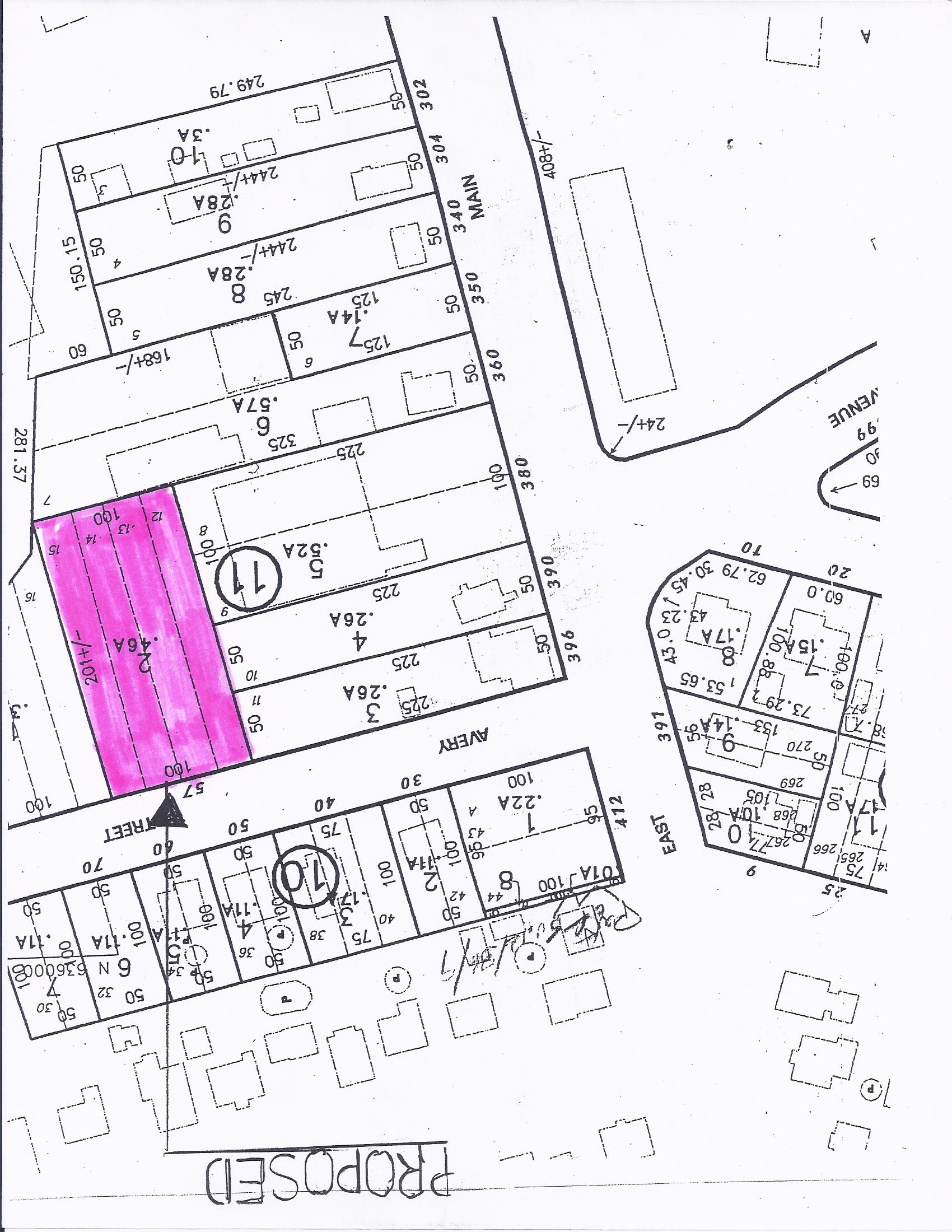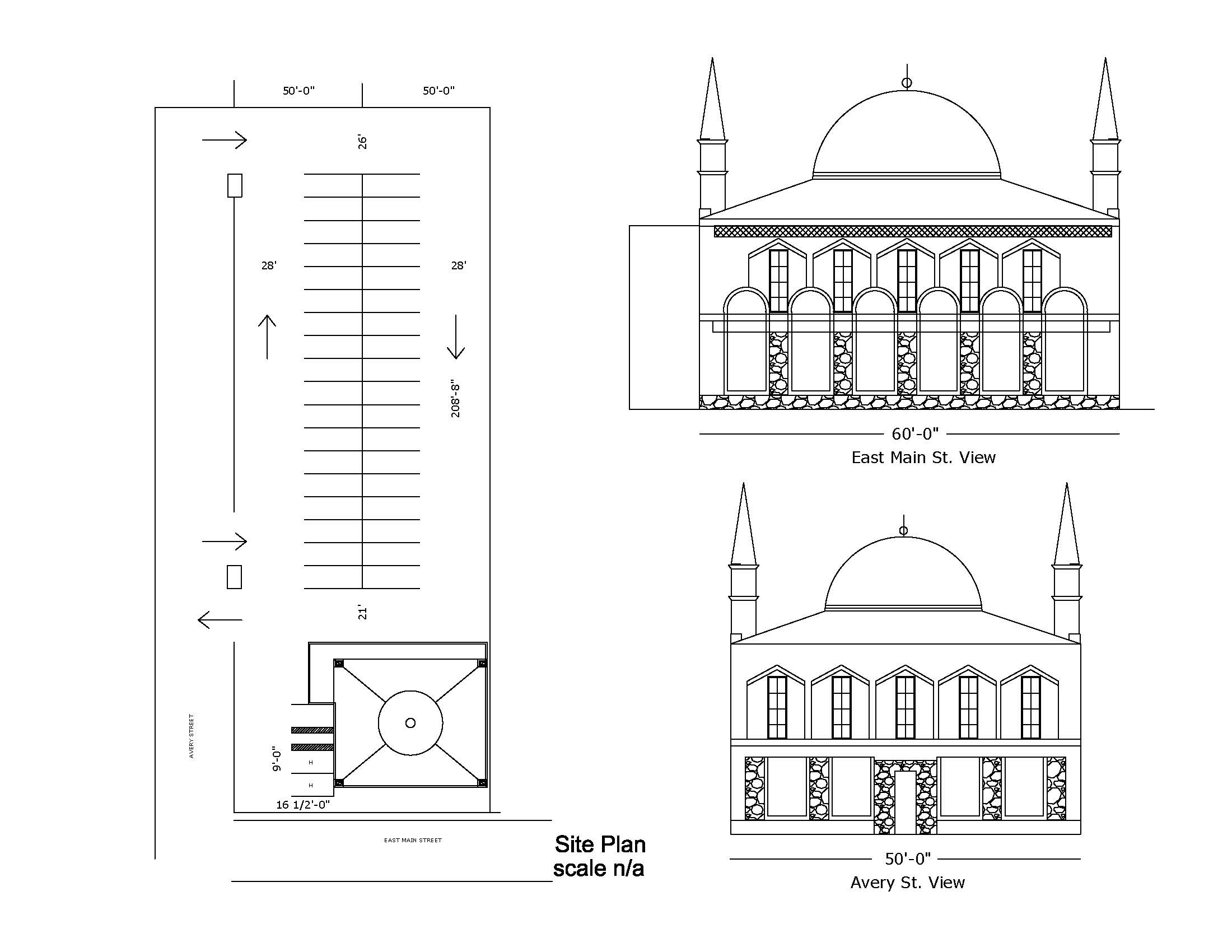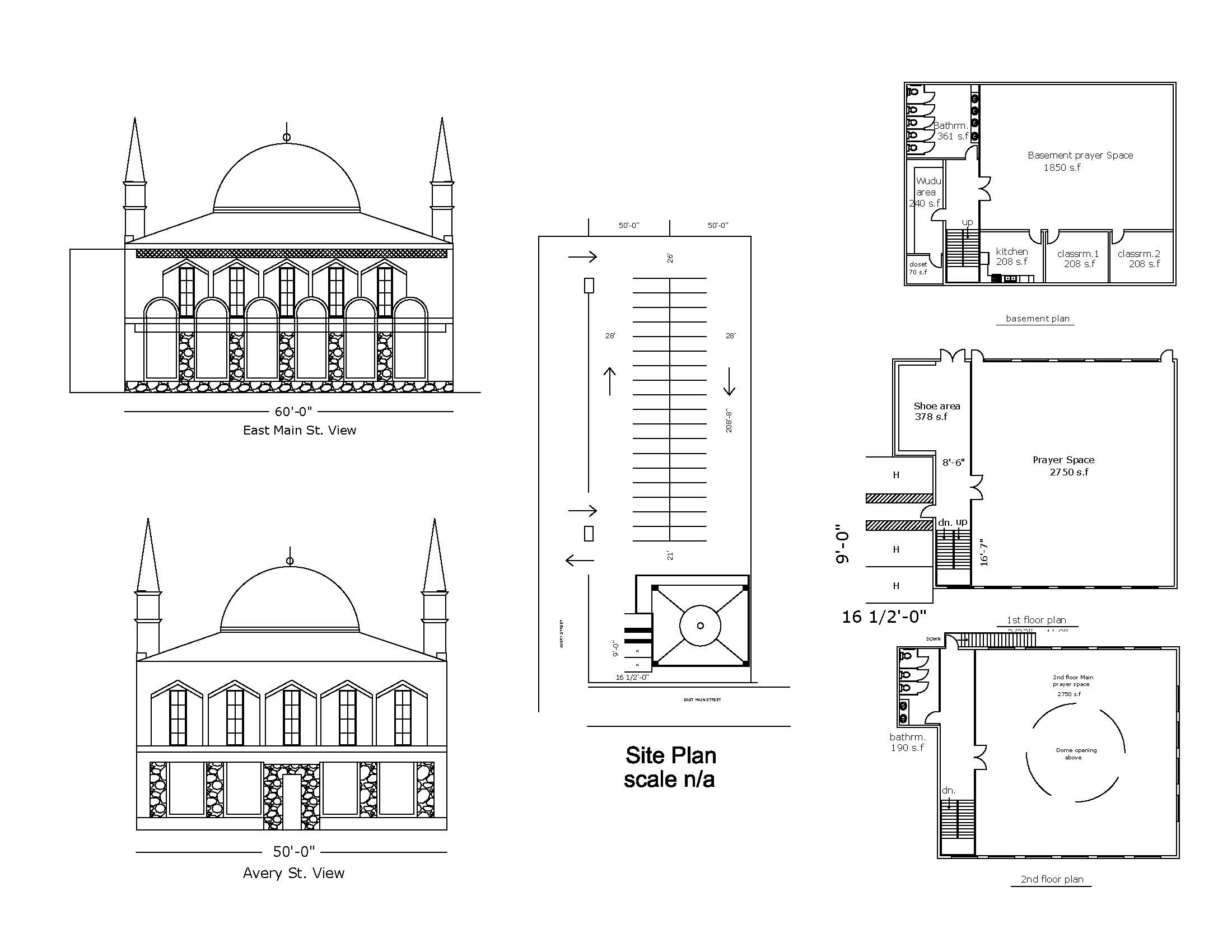What Is Islam?
The name of the religion is Islam, which comes from an Arabic root word meaning “peace” and “submission.” Islam teaches that one can only find peace in one’s life by submitting to Almighty God (Allah) in heart, soul and deed.
Who is a Muslim?
A person who believes in and consciously follows Islam is called a Muslim, also from the same root word. So, the religion is called “Islam,” and a person who believes in and follows it is a “Muslim.”
Muslims believe Allah alone is the Creator, it is He alone that deserves our devout love and worship. Islam holds strictly to monotheism. Any worship and prayers directed to saints, prophets, other human beings or nature is considered idolatry.
The basic beliefs of Muslims fall into six main categories, which are known as the “Articles of Faith”

Faith in the unity of God

Faith in prophets

Faith in an afterlife

Faith in angels

Faith in books of revelation

Faith in destiny/divine degree
The “Five Pillars” Of Islam
In Islam, faith and good works go together. A mere verbal declaration of faith is not enough, for belief in Allah makes obedience to Him a duty. The Muslim concept of worship is very broad. Muslims consider everything they do in life to be an act of worship, if it is done according to Allah’s guidance. There are also five formal acts of worship which help strengthen a Muslim’s faith and obedience. They are often called the “Five Pillars of Islam.”
Testimony of faith (Kalima)
Prayer (Salat)
Almsgiving (Zakat)
Fasting (Sawm)
Pilgrimage (Hajj)
Daily Life as A Muslim
Muslims consider Islam to be the middle road. Muslims do not live life with complete disregard for God or religious matters, but nor do they neglect the world to devote themselves solely to worship and prayer. Muslims strike a balance by fulfilling the obligations of and enjoying this life, while always mindful of their duties to Allah and to others.

What is Zakat
Zakah is not just a form of charity, alms-giving or tax or tithe. Nor is it simply an expression of kindness; it is all these combined and much more. It is not merely a deduction of a certain percentage from one’s property, but an abundant enrichment and spiritual investment. It is not simply a voluntary contribution to someone or some cause, nor a government tax that a shrewd clever person can get away with. Rather, it is a duty enjoined by God and undertaken by Muslims in the interest of society as a whole
The Quranic word Zakah not only includes charity, alms, tithe, kindness, official tax, voluntary contributions, etc., but it also combines with all these God-mindedness and spiritual as well as moral motives.
Zakah (charity) is purity
The literal and simple meaning of Zakah is purity. The technical meaning of the word designates the annual amount in kind or coin which a Muslim with means must distribute among the rightful beneficiaries. But the religious and spiritual significance of Zakah is much deeper and livelier. So is its humanitarian and sociopolitical value.


















